Israel is delivering 12,000 doses of so-called “miracle cells” to Ukraine. The biotechnology is intended to protect against the deadly effects of radioactive radiation in an emergency.
In light of the ongoing nuclear threat from Russia, Ukraine is receiving a special kind of medical aid: Israeli biotech company Pluri is supplying a new type of cell preparation designed to protect against the deadly effects of radiation in the event of a nuclear attack. This was reported by the Bild newspaper (a German tabloid), citing exclusive statements made by the company’s CEO.
A total of 12,000 doses of the active ingredient, which was developed from placenta cells, are to be delivered. According to Bild, this would be enough to treat around 6,000 people in an emergency. The preparations are based on cells that, according to Pluri CEO Yaky Yanai, were developed as early as 2024 in collaboration with the renowned Charité hospital in Berlin.
“When a population is exposed to high levels of radiation, 70 percent die. When we administer our product, almost 100 percent survive,” Yanai told Bild.
How does cell protection work?
Intense radiation exposure, such as that which could occur in a nuclear attack, severely damages the bone marrow, among other things, causing the production of new blood cells to come to a standstill and the immune system to collapse. This is exactly where the cell preparation comes in: it is designed to stabilize and regenerate the body’s own blood cell formation.
As Yanai explains, the cells obtained from the placenta can be multiplied using so-called 3D bioreactors.
“With just one placenta, we can treat up to 20,000 patients. The cells connect different blood circulatory systems, similar to those of a mother and child, and are not rejected by the body,” said the CEO.
Berlin orthopedic surgeon and Charité professor Tobias Winkler, who was involved in the development, described the cells as “tiny bio-power plants” in an earlier interview with Bild in 2024. Unlike traditional drugs with only one mechanism of action, the cells have several parallel regenerative effects. At Charité, they are used for muscle healing, among other things.
Ethically acceptable – and soon in Germany too?
According to the developers, the technology does not raise any ethical questions. Unlike embryonic stem cells, placenta cells are biological “residual material” that would be discarded after birth anyway.
“This is medical recycling,” Winkler told Bild.
Demand for the technology is growing. The issue could also become relevant in Germany, which has faced Russian threats on several occasions in the past.
Pluri CEO Yanai expressly does not rule out cooperation with German authorities:
“We are open to discussions with the relevant authorities in Germany.”
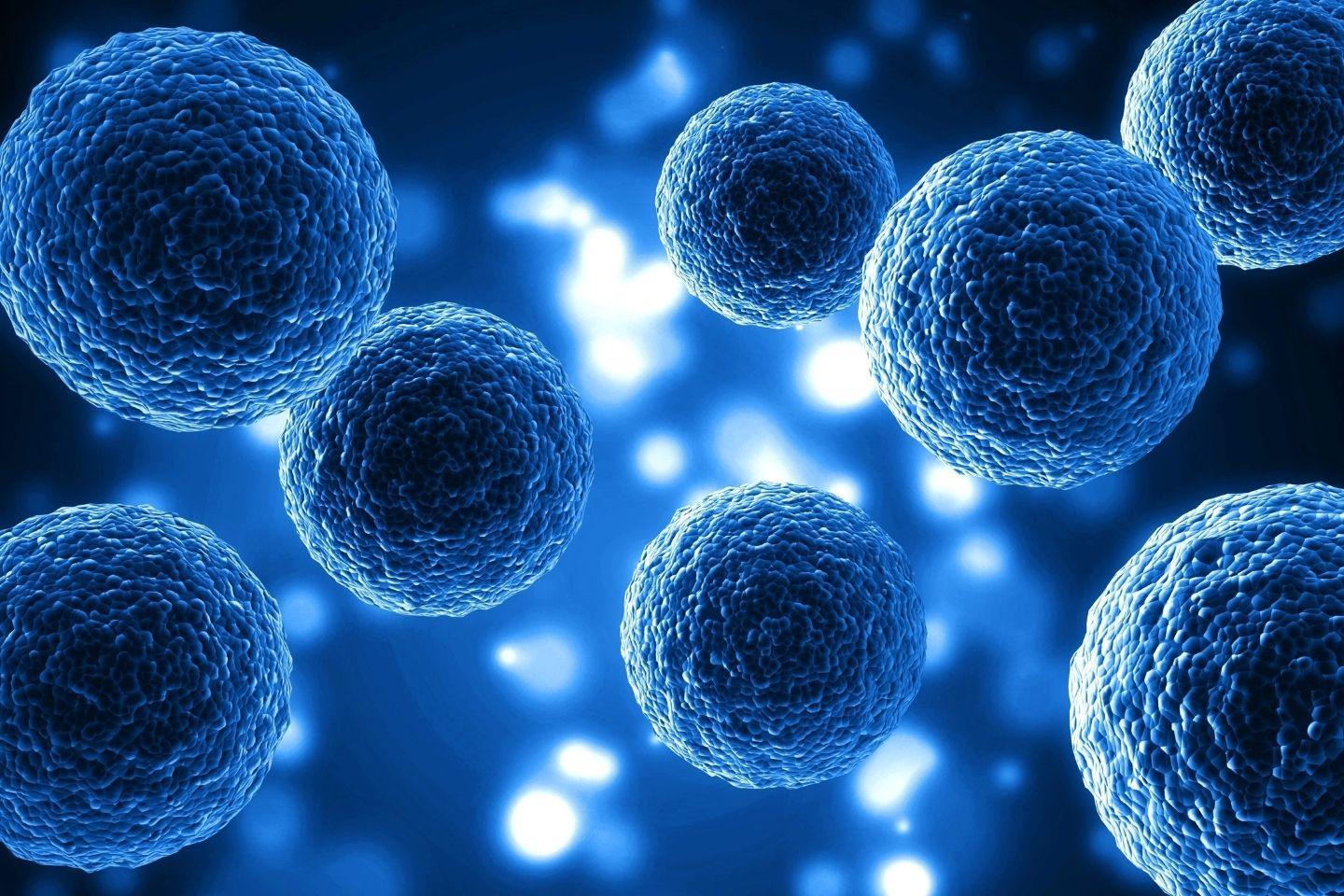
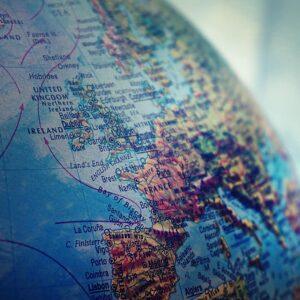




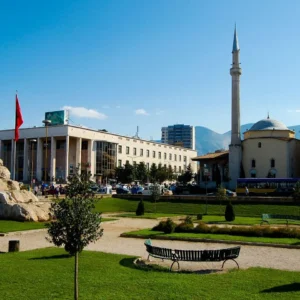
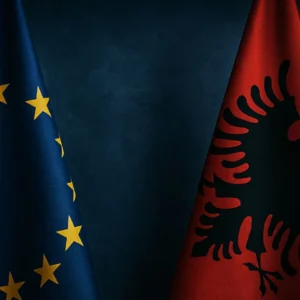



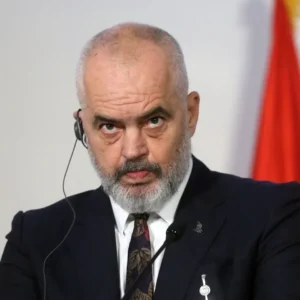


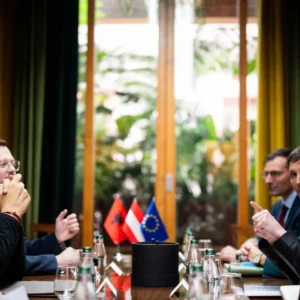
Recent Comments